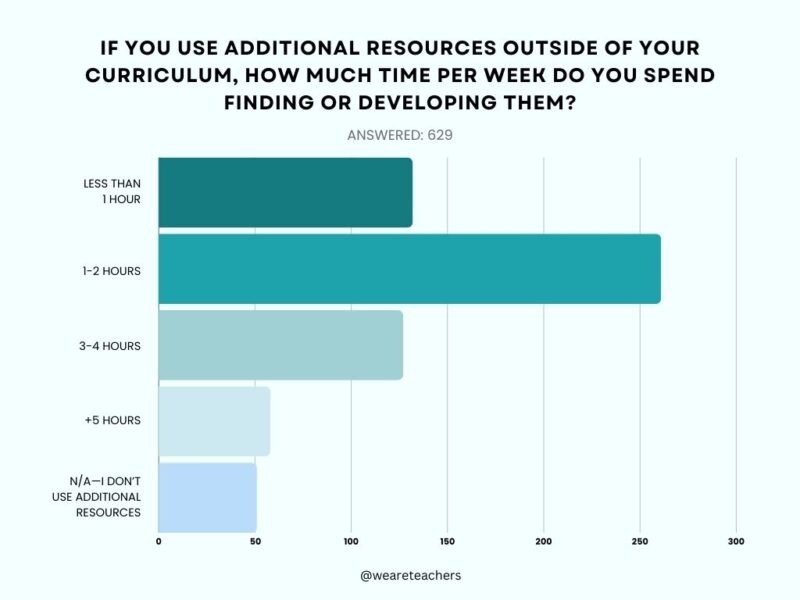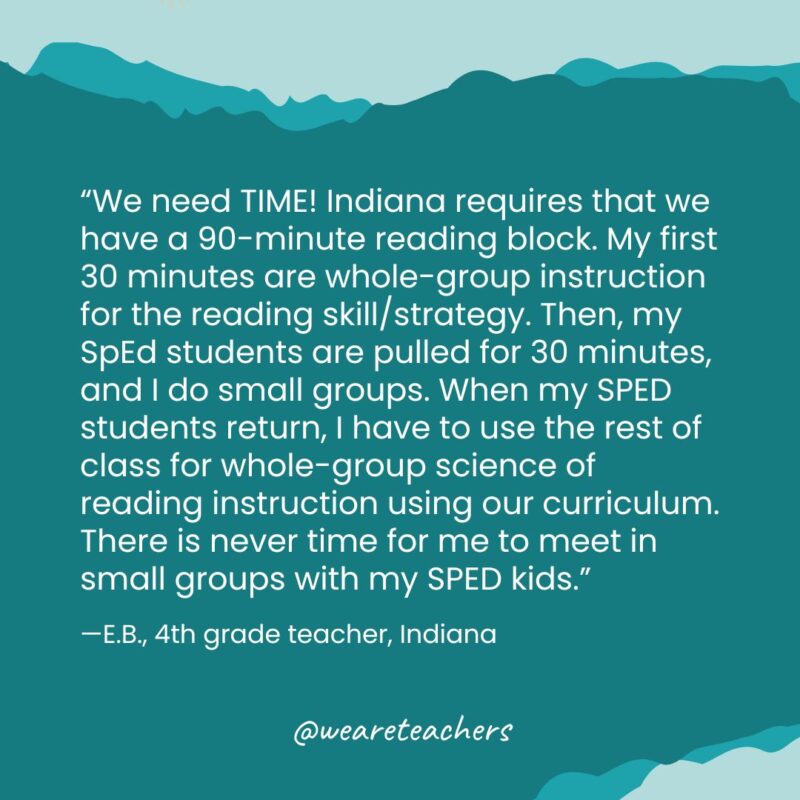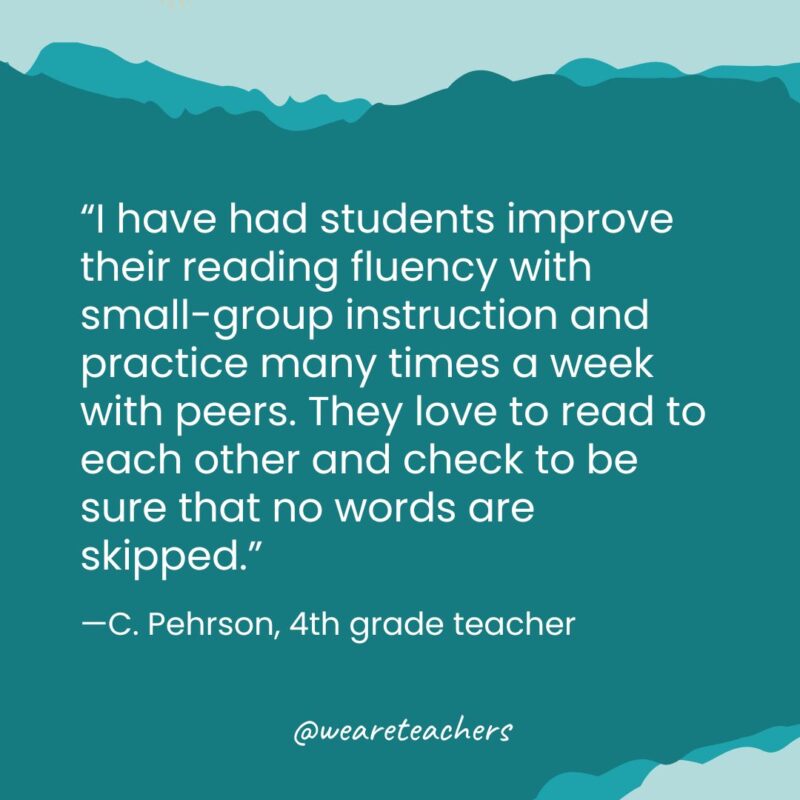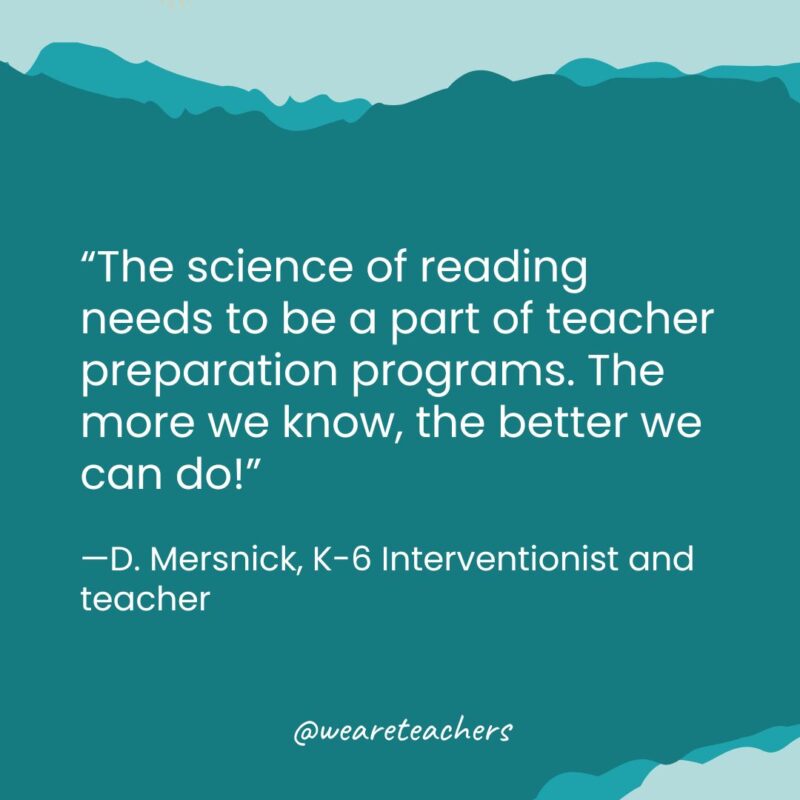Academics Are All In With the Science of Studying however Want Assist
Until you’ve been beneath a rock for the previous few years, you’ve possible heard of the “Studying Wars“: the disagreement over one of the simplest ways to show kids to learn. The 2 sides at odds? Balanced literacy and evidence-based studying instruction, also referred to as the science of studying.
What’s the distinction between balanced literacy and the science of studying?
Because the names recommend, these approaches differ in the place college students ought to focus abilities whereas studying to learn. The place balanced literacy makes use of a “entire language” strategy that focuses on that means and context, the science of studying focuses on foundational abilities like phonemic consciousness, phonics, language, and vocabulary. The science of studying differs from balanced literacy in that it emphasizes foundational abilities and makes use of specific, systematic instruction drawing on analysis in cognitive science, linguistics, and psychology.
As of April 2024, 38 states and the District of Columbia have handed legal guidelines or applied insurance policies round evidence-based studying instruction. With so many lecturers’ earlier coaching being in balanced literacy, we needed to understand how lecturers are adjusting to the change to the science of studying—and the place they nonetheless want help.
Check out our unique We Are Academics survey outcomes and what they are saying concerning the state of the science of studying.
We surveyed over 600 lecturers who educate children the best way to learn.
Many of the lecturers we surveyed:
- Are elementary public Ok-5 classroom lecturers
- Use science of studying day by day or a number of occasions per week (84%)
- Say science of studying is only when utilizing a mixture of small- and large-group instruction (80%)
- Both agree or strongly agree that their faculty administration helps the implementation of a science of studying strategy (78%)
Right here’s what they instructed us.
Most lecturers are completely right here for the science of studying strategy.
On the subject of enhancing pupil literacy, most lecturers are excited concerning the shift towards the science of studying strategy. In line with our survey information, 70% of educators report that this technique is both very efficient or considerably efficient within the classroom. The outcomes converse for themselves: 90% of lecturers whose faculties have adopted the science of studying strategy have seen measurable enhancements of their college students’ studying abilities since implementation.
Nonetheless, most lecturers say they might use extra help.
Regardless of their enthusiasm for the science of studying, many lecturers really feel underprepared and overwhelmed. Solely 67% say they’re very comfy or comfy with instructing the science of studying, and a strikingly low 13% really feel adequately skilled in all areas of this strategy. This hole in coaching leaves many educators struggling to implement the tactic successfully.
Plus, even with supplied curriculum, most lecturers are spending their very own time discovering sources they should help their college students.
Even with a structured curriculum, lecturers are dedicating additional time outdoors of college hours to search out the sources they should fill within the gaps. In line with the survey, 71% of lecturers who’re instructing science of studying are spending wherever from 1 to five+ hours per week looking for supplies to complement their faculty’s curriculum.

Academics reported that they might actually use extra time, supplies for differentiation, and enough classroom help for small teams.
Academics reported that whereas the science of studying strategy has been efficient, they’re combating the shortage of time and sources. Many expressed the necessity for extra supplies tailor-made for differentiation, permitting them to fulfill the varied wants of their college students. On high of that, they cited a scarcity of enough classroom help for small-group instruction, which is essential for serving to college students who want extra targeted consideration.

Different issues lecturers want: smaller class sizes, higher and extra frequent coaching, and dad or mum reinforcement of science of studying methods.
Past time and supplies, lecturers are calling for structural adjustments to enhance the success of this technique. Smaller class sizes would allow them to present extra individualized instruction, whereas higher and extra frequent coaching would assist them really feel assured in utilizing the science of studying strategy. Academics additionally emphasised the significance of dad or mum reinforcement at residence, noting that college students profit when households observe science of studying methods outdoors of college.
Nonetheless, lecturers who’ve seen a full yr or extra of the science of studying technique are singing its praises.
Regardless of challenges, lecturers who’ve applied the science of studying technique for a full yr or extra are overwhelmingly optimistic about its affect. Many are seeing vital enhancements of their college students’ studying skills and imagine this strategy has the potential to shut long-standing literacy gaps. Whereas extra help is required, the outcomes thus far have been promising, and lecturers are desirous to proceed utilizing this evidence-based strategy.
Listed here are only a few of the success tales lecturers reported:
- Improved spelling and understanding of spelling
- Extra pupil consciousness of morphology
- Improved literacy generally, impacting progress in different topic areas
- Fewer college students needing studying intervention
- Improved pupil writing
- Emergent readers transferring to proficient in the midst of a college yr
- Particularly efficient with ELL and SpEd college students

One highly effective change we might implement? Begin coaching lecturers in science of studying earlier.

Our survey reveals that lecturers are enthusiastic concerning the science of studying strategy and the optimistic affect it’s having on pupil literacy. Many have already witnessed measurable enhancements in studying abilities, reinforcing the effectiveness of this evidence-based technique. Nonetheless, regardless of their optimism, lecturers additionally highlighted the necessity for extra help. From further coaching and classroom sources to extra time for lesson planning and smaller class sizes, it’s clear {that a} curriculum shift by itself shouldn’t be sufficient. However perhaps with these wants addressed, lecturers can extra totally understand the potential of this highly effective strategy to rework literacy training.


